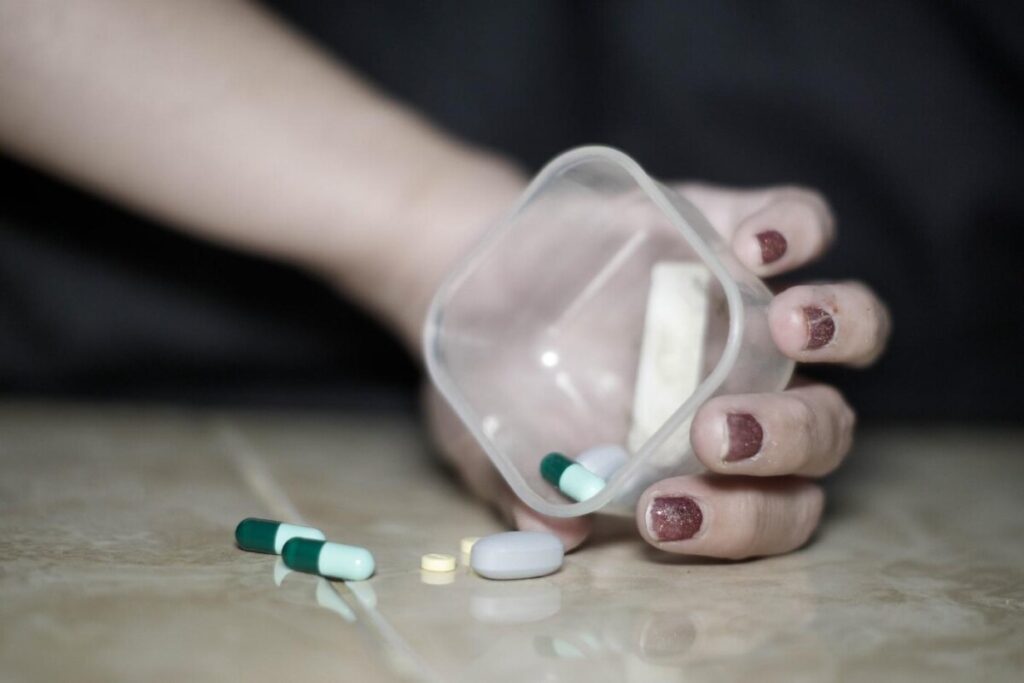The next step for someone who has a problem with their drug usage is to seek assistance in the form of professional therapy. On the other hand, taking the next step might be difficult for those who aren’t acquainted with the many treatment options for addiction that are now accessible. What sets residential treatment, outpatient treatment, and other forms of professional assistance for addiction apart from one another? Which one do you think would be best for you or someone you care about?
Different Settings for Treatment
Treatment for drug use disorder may take place in a variety of settings (inpatient or outpatient) and at varying intensities depending on the patient’s individual needs. In most cases, in addition to addressing the individual’s drug use, the treatment plan will also address the individual’s medical, psychological, emotional, and social concerns. It takes into account the nature of the drug as well, such as when talking about treatments for opioid use disorders.
Here are a few different types of addiction treatment that exist:
The Detoxification Phase
The elimination of all alcoholic substances from the body is the first phase of treatment for alcoholism. During this period, your body will eliminate any traces of alcohol that it has consumed. After beginning detox, most people see a reduction in their withdrawal symptoms within one to two weeks; however, this time frame may be longer for you depending on the severity of your addiction. You will then be able to concentrate on other areas of the recovery process, such as the many activities, treatments, counseling sessions, and support alternatives available to you when you have reached this point.
After weeks, months, and even years of consuming alcohol, your body will develop a tolerance to the sedative effects of the substance. Because alcohol causes your brain to cease making specific chemicals on its own, you will ultimately develop a dependence on the substance. It is because of this that it takes some time for your body to adapt once you stop drinking. This is what causes withdrawal symptoms including headaches, fever, nausea, irregular heartbeat, and hallucinations. Other symptoms include a rapid pulse.
Some individuals are afraid to give up drinking because they are concerned about the physical symptoms of alcohol withdrawal that they will go through during alcohol detox. While some individuals may only experience mild impacts of alcoholism, others may go through excruciating agony as a result of the disease. As a result of the rapid and sometimes severe nature of withdrawal symptoms, it is essential to undergo detoxification under the supervision of trained medical personnel. You will be able to get numerous drugs prescribed by treatment specialists at a rehabilitation center that can assist you in managing your pain. This enables you to concentrate on getting well and recovering from your injury.
Addiction Treatment on an Outpatient Basis
The services that are provided by various outpatient addiction treatment programs are not all the same. They are characterized by the fact that they might either be a single occurrence or a series of appointments during which the program is carried out. In other words, the client is not required to remain in the facility for the duration of their therapy.
Medication-assisted therapy, which may be obtained via clinics and often consists of the usage of methadone or buprenorphine, is one sort of outpatient treatment that is prevalent and is widely used for heroin or opiate addiction. These types of programs often include the regular administration of medicine that suppresses cravings and prevents the effects of opioids. In order to remain in the program, clients are frequently subjected to drug testing, and they must pass these tests. In addition to providing the client with medication monitoring, many of these programs also provide the client with some kind of education or counseling on addiction.
Outpatient therapy for addiction may also include counseling for individuals or families. This kind of treatment may be either individual or family-focused. Counseling or therapy is a vital component of treatment for addiction, and there are many different reasons for this. Your loved one may have a better understanding of some of the reasons behind their compulsive behaviors and how to modify them by working through earlier traumatic experiences, suppressed anger, despair, or any of the other variables that are associated with a drug use issue. Family counseling may be beneficial in restoring the harm that addiction frequently does to beloved relationships, which can be a result of the disease of addiction.

Intensive Outpatient Programs
Intensive outpatient programs, often known as IOPs, are treatment programs that are used to address dependencies such as addictions, depression, eating disorders, or other types of dependencies that do not need detoxification or monitoring 24 hours a day. In contrast to residential treatment programs, outpatient programs let patients maintain their regular routines and go on with their daily activities. The clients who participate in intensive outpatient programs are allowed to live at home, in contrast to the residents of residential treatment facilities.
IOPs are occasionally utilized in combination with inpatient programs as a means of assisting clients in transitioning back into their families and communities in a manner that is less jarring and disruptive than may otherwise be the case. They are created with the intention of establishing support systems, assisting with the management of relapses, and providing coping methods.
Partial Hospitalization Program
Often referred to as PHP, the patient will continue to live at home throughout the partial hospitalization program, but will travel to and from a treatment facility anywhere from three to seven days per week. Inpatient hospitalization is often avoided or reduced by the use of partial hospitalization, which places more of an emphasis on the individual’s entire therapy.
There Are Many Ways to Seek Treatment
As you can tell, there are a number of ways to get treatment from addiction such as Renaissance Recovery. The most important thing is to find a method that works best for you.
